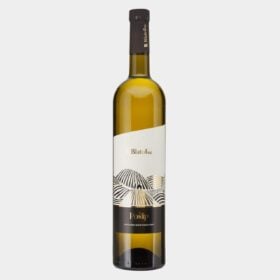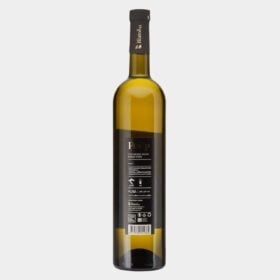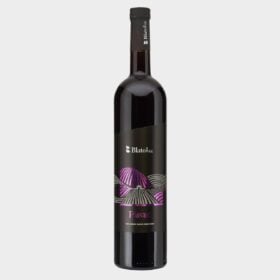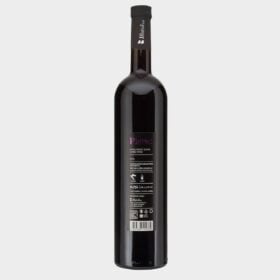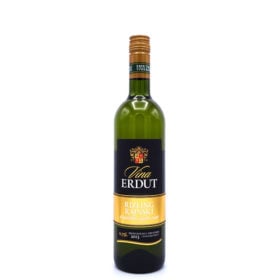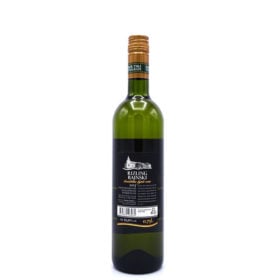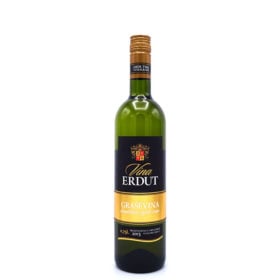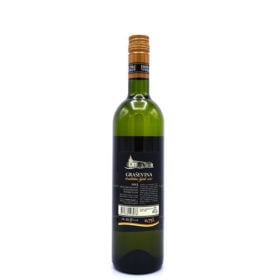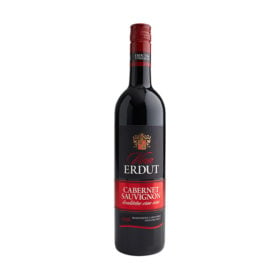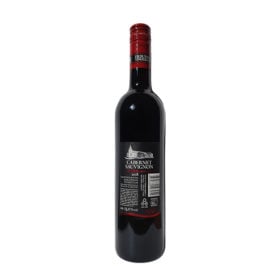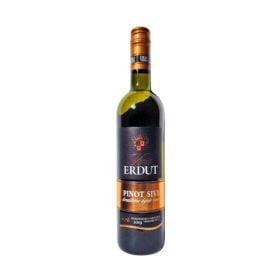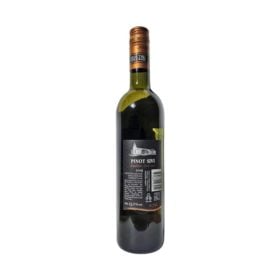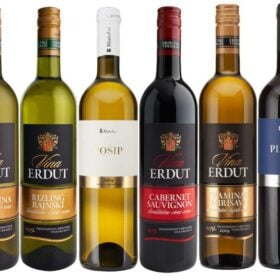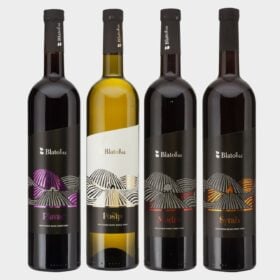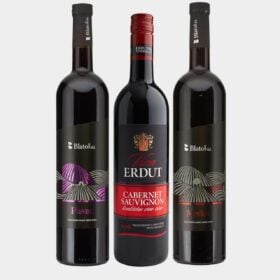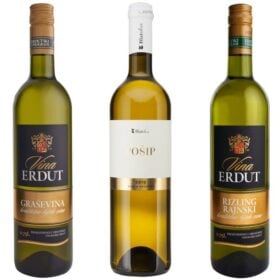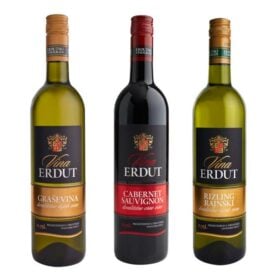Classically, a cork is more often chosen instead of a screw cap. But is that right in the present day? Some surprising evidence has emerged when it comes to the discussion between a cork or screw cap.
Content
Which is better: cork or screw cap?
When you say corks are better, you are both right and wrong. The truth is that the worldwide demand for wine (and corks) is growing, so we have to do more and better to ensure that the wine can be stored for longer. Below we explain in more detail why corks and cork alternatives are nearly identical in their ability to store and age wine. We'll also take a look at some wine storage alternatives to get you thinking about where the wine world is headed.
Cork or screw cap?

Cork
-
Original price was: 19,98. 13,99Current price is: 13,99. Add to Cart
Cork has been chosen since the dawn of modern Europe around the 13th century for sealing and preserving both White wine as a Red wine. But why is the cork chosen? Well, cork bark is one of the few natural products that is malleable enough to hold its contents in a glass bottle. In addition, glass bottles became increasingly popular for storing wine during the same period.
Today, there are some unique pros and cons to natural cork:
Benefits of cork
- A natural renewable resource
- Historically, it is preferred
- Proven that wine can be stored for a long time
Disadvantages of cork
- Expensive (2-3x)
- 1-3% Taste influenced by TCA (trichloroanisole)
- Limited Natural Resource
- Difference in quality
- Each cork 'breathes' differently
Screw caps and cork alternatives
Screw caps have only been used for wine bottles since 1964, but soon the screw cap has won a large part of the market. If you ever travel to Australia you will find that screw caps are on almost every wine bottle in Australia. The reason cork alternatives have become so popular is because of a period of diminished quality in cork production in the XNUMXs. In short, winemakers were tired of the low quality that TCA 'cork' would cause, so they switched to the screw cap.
In addition to screw caps (made of metal and plastic), there are several "fake" corks made of plant-based polymer plastics.
Today, the pros and cons of various cork alternatives look like this:
Advantages of screw cap and cork alternatives:
- More affordable option
- No TCA 'Cork'
- Long-term aging research has shown positive results
- Screw caps are easy to open
Disadvantages of screw cap and cork alternatives:
- Some cork alternatives don't 'breathe'
- Mostly made from non-renewable resources
- Recyclable but not biodegradable
- Variable production quality
- Associated with 'cheap' wine
But isn't cork better because it 'breathes'?
The longstanding argument that corks are better because they breathe has been dispelled as 'breath' is now mimicked in both screw caps and cork alternatives. Today there are screw caps available that closely mimic the supply of oxygen and are also designed for this. Ironically, real corks are actually quite variable in the rate at which oxygen is allowed to pass through.
Are you saying screw cap is better than cork?
Not at all, although cork alternatives are better for most applications simply because of the value for money. It is true that a lot of wine that is for sale in the supermarket nowadays more often does not have a 100% natural cork as a closure. Instead, the bottle is closed with a technical, agglomerated and gilded cork (cork residual product consisting of chips and shavings).
They are lower quality alternatives to the natural cork. This cheap form of cork (which should not really be called a cork) is therefore unreliable for storing wine for a long time, and it is more often the culprit of cork smell in (cheap) wine.
100% natural corks are one of the few options that are a true renewable resource, but due to their high price tag, most are reserved for higher end wines.
The bigger (future) problem: glass is heavy

As wine is more consumed, the search for alternatives to glass will become more important. There are so many wines on the market that are not really meant to be aged. These wines can easily be presented in polyethylene, cans or even boxes. Alternatives such as these do not affect the taste and are often much lighter and the CO2 emissions during transport are less.
Of course, glass will always have a place for wine enjoyment, but for the everyday drinker who has little to do with enjoying wine, it's okay to drink wine from a box or can. As more valuable wine producers look for alternatives, perhaps we can all support them in their efforts to reduce waste in the wine world.
Screw cap or cork in Croatia
In Croatia, cork has been used for hundreds of years to close a woman's bottle. The screw cap has been on the rise in recent years. As stated before, it no longer matters in terms of quality whether it is a cork or screw cap.
Both in Dalmatia, Istria en Slavonia both ways of closing a bottle of wine are used. This is also the case with the white wines as a Pinot Grigio, Grasevina, Chardonnay, Riesling, Posip en Gewürztraminer. Also at the red wines we encounter both methods as with the Blaufränkisch, Cabernet Sauvignon, Pinot Noir, Plavac Mali, Merlot en Zweigelt.


